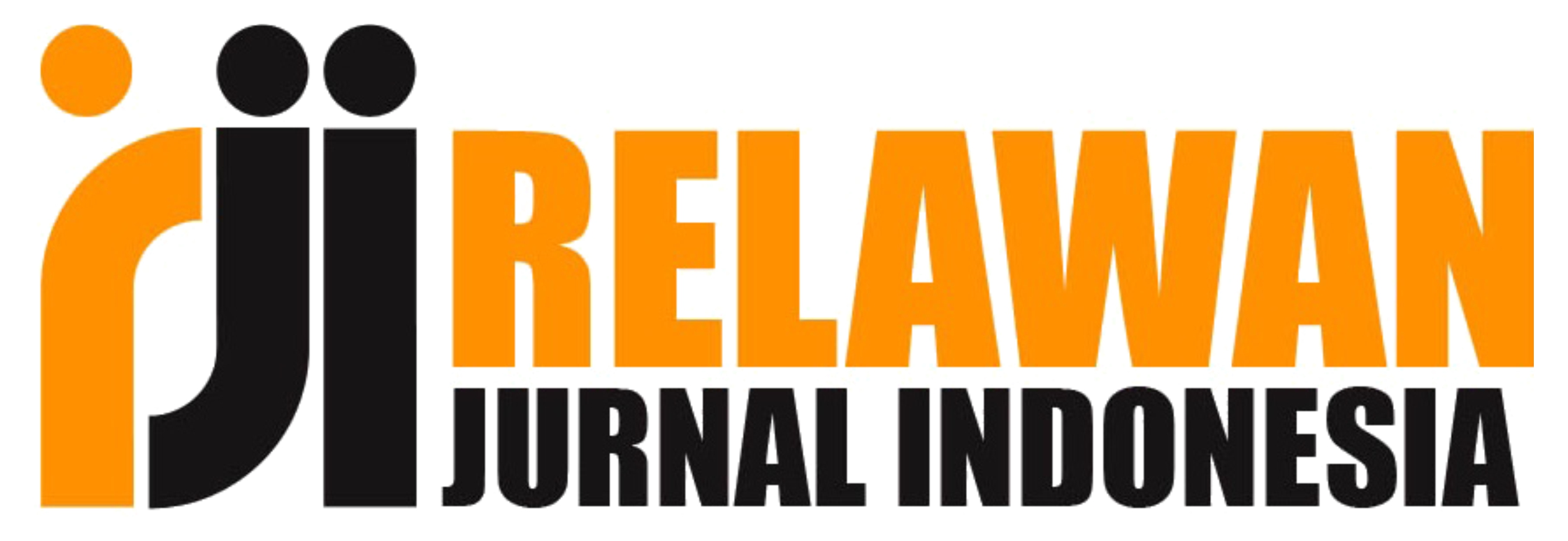Kebijakan Pemerintah Untuk Meningkatkan Akses Pendidikan Bagi Masyarakat Kurang Mampu
DOI:
https://doi.org/10.61476/q1dfs358Keywords:
Government policies, Access to education, Underprivileged communitiesAbstract
This study aims to analyze government policies in increasing access to education for the underprivileged. Quality education is an important factor in creating opportunity and social mobility. However, disadvantaged communities often face challenges in accessing education due to financial and infrastructure constraints. Therefore, the government has implemented various policies to overcome this problem. This research involves analyzing government policies, such as scholarship programs, educational subsidies, building schools in remote areas, and developing educational infrastructure. The results of the analysis show that government policies have succeeded in increasing access to education for underprivileged communities, although there are still challenges that need to be overcome. This research provides insight into the effectiveness of government policies in reducing disparities in access to education and provides recommendations for further improvement.
Downloads
References
Afiyanti, Y. (2008). Validitas Dan Reliabilitas Dalam Penelitian Kualitatif. https://jki.ui.ac.id/index.php/jki/article/view/212
Ahmad, R. (2018). Analisis Data Kualitatif (Vol. 17, Issue 33). https://jurnal.uin-antasari.ac.id/index.php/alhadharah
Anshori, I. (2018). Melacak State Of The Art Fenomenologi Dalam Kajian Ilmu-Ilmu Sosial. Halaqa: Islamic Education Journal, 2(2), 165–181. https://doi.org/10.21070/halaqa.v2i2.1814
Azwar, M., & Amaliah, R. (2017). Pemanfaatan Jurnal Elektronik Sebagai Sumber Referensi Dalam Penulisan Skripsi Di Institut Pertanian Bogor (Vol. 5, Issue 1).
Fitri, P. O., & Fernandes, R. (2021). Peran Orang Tua Dalam Mengawasi Penyalahgunaan Gadgetoleh Anak diMasa Pandemi Covid-19(Studi: Nagari Durian GadangKabupatenLimapuluh Kota). Jurnal Perspektif, 4(3), 266. https://doi.org/10.24036/perspektif.v4i3.445
Irhandayaningsih, A. (2020). Pengukuran Literasi Digital Pada Peserta Pembelajaran Daring di Masa Pandemi COVID-19. ANUVA, 4(2), 231–240.
Kalsum, U. (2016). Referensi sebagai layanan, Referensi sebagai tempat: sebuah tinjauan terhadap layanan referensi di perpustakaan perguruan tinggi. Jurnal Iqra’, 10(1), 132–136.
Karniawati, N. (2015). Hakekat Ilmu Pemerintahan (Kajian secara Filsafat). Cosmogov, 1(2).
Maulana, S. (2016). Pemanfaatan Computational Fluid Dynamics (Cfd) Dalam Strategi Penelitian Simulasi Model Pada Teknologi Penghawaan Ruang. In Jurnal Education Building (Vol. 2, Issue 2).
Mulyadi, M. (2011). Penelitian Kuantitatif Dan Kualitatif Serta Pemikiran Dasar Menggabungkannya (Vol. 15, Issue 1).
Nashihuddin, W., Dwi, D., & Aulianto, R. (2016). Pengelolaan Terbitan Berkala Ilmiah Sesuai Ketentuan Akreditasi: Upaya Menuju Jurnal Trakreditasi Dan Bereputasi Internasional. In Jurnal Pustakawan Indonesia (Vol. 15, Issue 1).
Prihantoro, A., & Hidayat, F. (2019). Melakukan Penelitian Tindakan Kelas. Ulummudin, 9(21), 48–60. https://jurnal.ucy.ac.id/index.php/agama_islam/index
Romli, L. (2008). Masalah Reformasi Birokrasi. E-Journal BKN, 2(2), 1–8. https://jurnal.bkn.go.id/index.php/asn/article/view/149
Wahyudiati, D. (2018). Pengaruh Aspek Keuangan Dan Kompetensi Sumber Daya Manusia (Sdm) Terhadap Kinerja Usaha Mikro Kecil Dan Menengah (Umkm) Di Desa Kasongan The Effect Of Financial Aspect And Human Resource Competence On Umkm Performance In Kasongan VILLAGE. https://journal.student.uny.ac.id/index.php/profita/article/view/13761/13264
Published
Issue
Section
License
Copyright (c) 2025 Fifi Fatmawati, Nuzulul Fadillah, Ahmad Faizi, Heri Kurnia (Author)

This work is licensed under a Creative Commons Attribution-ShareAlike 4.0 International License.












